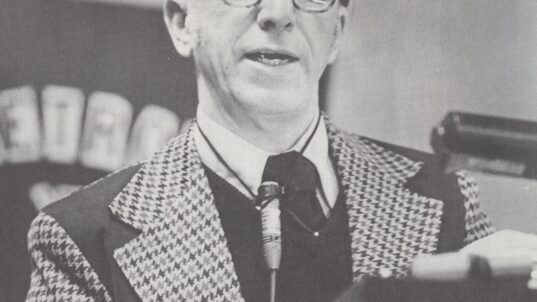–Jeff Prudhomme
When the Rio summer Olympics roll around in August, billions of viewers around the world will be glued to screens, cheering on some of the world’s greatest athletes. Many of us will root for our nation’s athletes, hoping to see more Gold Medals for our country. We’ll even find ourselves rooting for athletes from other countries, because the present a pinnacle of human performance or because their personal stories are so compelling. With all our interest in seeing and celebrating high level athletic competition, what does this tell us about the societal importance of sports? What questions come to mind when we think of the investment of public attention, time, and money in athletics? Questions such as these have been recurrent themes of IF’s project on the Future of Sports and Society, a project that will be wrapping up this summer.
What should be the focus of our public policy for sports? With the Olympics upon us, we might think of focusing our national efforts on creating more champions. We want to win more medals! But what’s the best way to do that? Should we focus our national resources narrowly, selecting a few athletes and a few sports where we should concentrate our efforts? Or should we cast a broad net, supporting broad community access to wide range of sports and hope to develop a bigger recruitment pool for elite talent? What can we learn from other countries that have a successful per capita return on investment for developing elite athletes? And how can we hope to have a successful national effort if we, alone among most developed nations, have no national sports ministry, no centralized governmental body to coordinate our national sports policy?
Of course you might ask, “why?” Why would or should we want to do any of this? What reasons could we give to justify different sports policy approaches? Nations are willing to spend greatly to play on the international stage. Brazil, mired in political upheaval and recession, will spend billions it can ill afford, and will never recoup, to host the Rio games. But is it really about economics? Should we focus on elite athletic success to bolster national pride or to enhance our sense of community? Is it a matter of public diplomacy? Or should we see elite athletic performance as a way to grow sport participation or to enhance public health, to entice an increasingly sedentary population to get active?
Questions such as these, and the possibilities they open up, have been central to IF’s Future of Sports and Society project. Stay tuned if you’d like to see how the project participants craft some alternative policy possibilities that present different ways to answer these questions. We’ll keep you updated at the project page: https://www.interactivityfoundation.org/discussions/sports/, and on our Facebook group: https://www.facebook.com/groups/FutureOfSports/. And if you watch the Olympics, maybe take a moment to think about how you might answer them.




